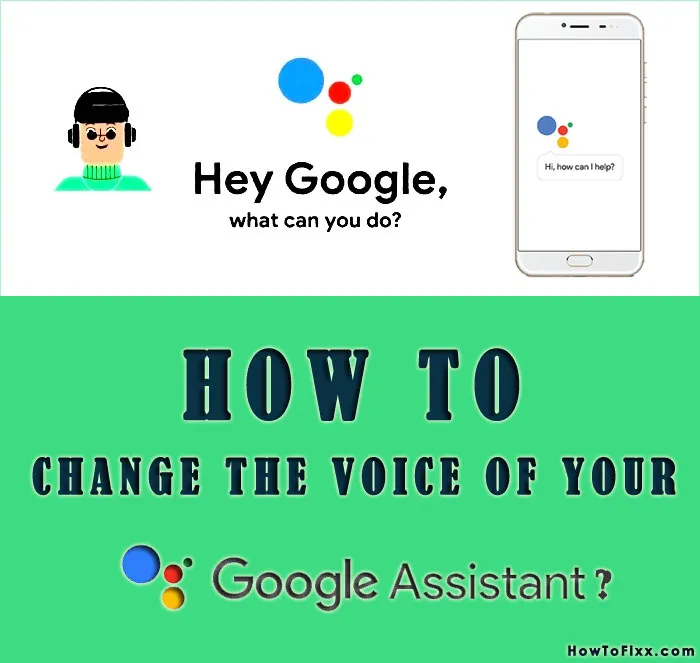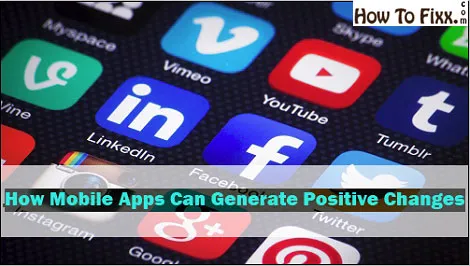The Rise of AI: How AI is Rapidly Transforming Our Daily Activities?
Artificial intelligence (AI) has become a common term in recent years, and for good reason. With advancements in technology, AI has been integrated into many aspects of everyday life. From smartphones to smart homes, AI has made its way into our lives in ways that were once thought impossible.
One of the most significant impacts of AI on everyday life is the way it has revolutionized the way we communicate. With the rise of virtual assistants like Siri, Google Assistant, and Alexa, people can now interact with their devices in a more natural and intuitive way. These virtual assistants can perform a range of tasks, from setting reminders to answering questions, making them an indispensable part of everyday life.
It has also transformed the way we consume media. With the help of algorithms, popular websites like YouTube, Facebook, and TikTok can now recommend personalized content based on our viewing and listening habits. This has made it easier than ever to discover new videos, TV shows, and music, and has fundamentally changed the way we consume entertainment.

The Evolution of Artificial Intelligence:
Artificial Intelligence (AI) is a rapidly developing field that has seen significant growth in recent years. The term AI refers to the ability of machines to perform tasks that would typically require human intelligence, such as visual perception, speech recognition, decision-making, and natural language processing.
The concept of AI dates back to the 1950s when researchers began exploring the possibility of creating machines that could think and learn like humans. One of the earliest examples of AI was the development of the General Problem Solver (GPS) program in 1957, which was designed to solve complex problems using a set of rules and heuristics.
Over the next few decades, AI research continued to advance, and new techniques were developed to improve the performance of AI systems. In the 1980s, the concept of expert systems emerged, which used knowledge-based reasoning to solve problems in specific domains.
In the 1990s, machine learning techniques were developed, which allowed machines to learn from data and improve their performance over time. This led to the development of neural networks, which are modeled after the structure of the human brain and are capable of learning complex patterns in data.
| Also Check: 8 Most Popular ChatGPT Google Chrome Extensions |
Today, AI is being used in a wide range of applications, from virtual assistants like Siri and Alexa to self-driving cars and medical diagnosis. The development of deep learning techniques has led to significant advancements in image and speech recognition, and AI systems are now capable of performing tasks that were once thought to be impossible for machines.
As AI continues to evolve, it is likely that we will see even more applications in everyday life, and the potential benefits of AI are vast. However, there are also concerns about the impact of AI on the job market and the potential for AI systems to be used in ways that are harmful to society. As such, it is important to continue to research and develop AI in a responsible and ethical manner.

Artificial Intelligence in Everyday Life:
Artificial intelligence (AI) is making its way into everyday life, from home automation to healthcare. Here are a few areas where AI is already making an impact:
1. Home Automation:
Smart home devices are becoming more popular, and AI is playing a big role in their development. AI-powered devices can learn a user’s habits and preferences, and adjust settings accordingly. For example, a smart thermostat can learn when a user typically leaves the house and adjust the temperature accordingly. AI can also be used to control lighting, security systems, and more.
2. Smart Personal Assistants:
Smart personal assistants like Siri, Alexa, and Google Assistant are becoming more common in households. These assistants use AI to understand natural language and respond to user requests. They can be used to set reminders, play music, answer questions, and more.
3. Healthcare:
AI is also making an impact in the healthcare industry. AI-powered tools can help doctors and nurses make more accurate diagnoses and treatment plans. For example, AI can be used to analyze medical images and identify potential health issues. AI can also be used to monitor patients remotely, alerting healthcare providers to potential issues before they become serious.
| Also Check: 12 Most Useful Apps Every Women’s Should Use |
4. Transportation:
Self-driving cars are one of the most visible examples of AI in transportation. These cars use sensors and AI algorithms to navigate roads and avoid obstacles. AI can also be used to optimize traffic flow and reduce congestion.
5. Education:
AI is also making its way into education. AI-powered tools can be used to personalize learning experiences for students. For example, an AI-powered tutor can adapt to a student’s learning style and pace, providing personalized feedback and guidance. Overall, AI is already making an impact in everyday life, and its influence is only going to grow in the coming years.












 Previous Post
Previous Post








